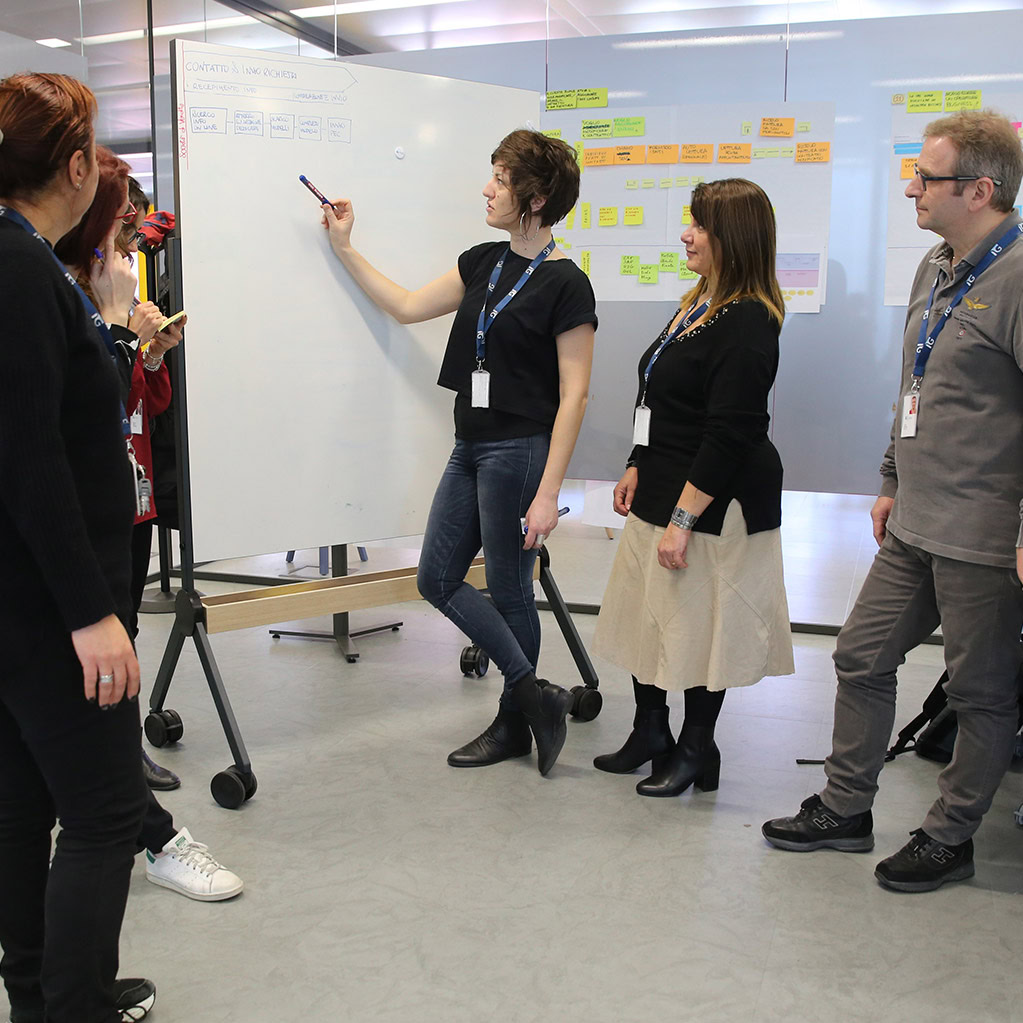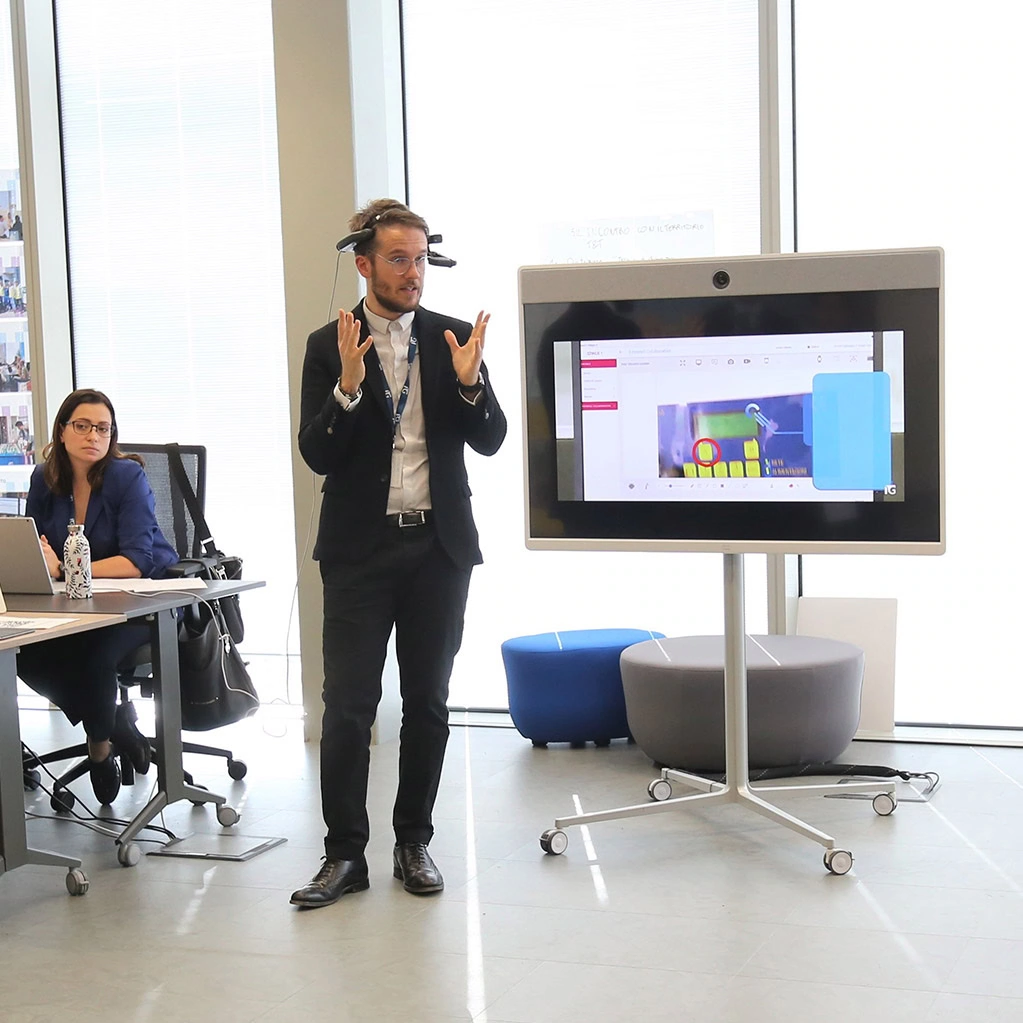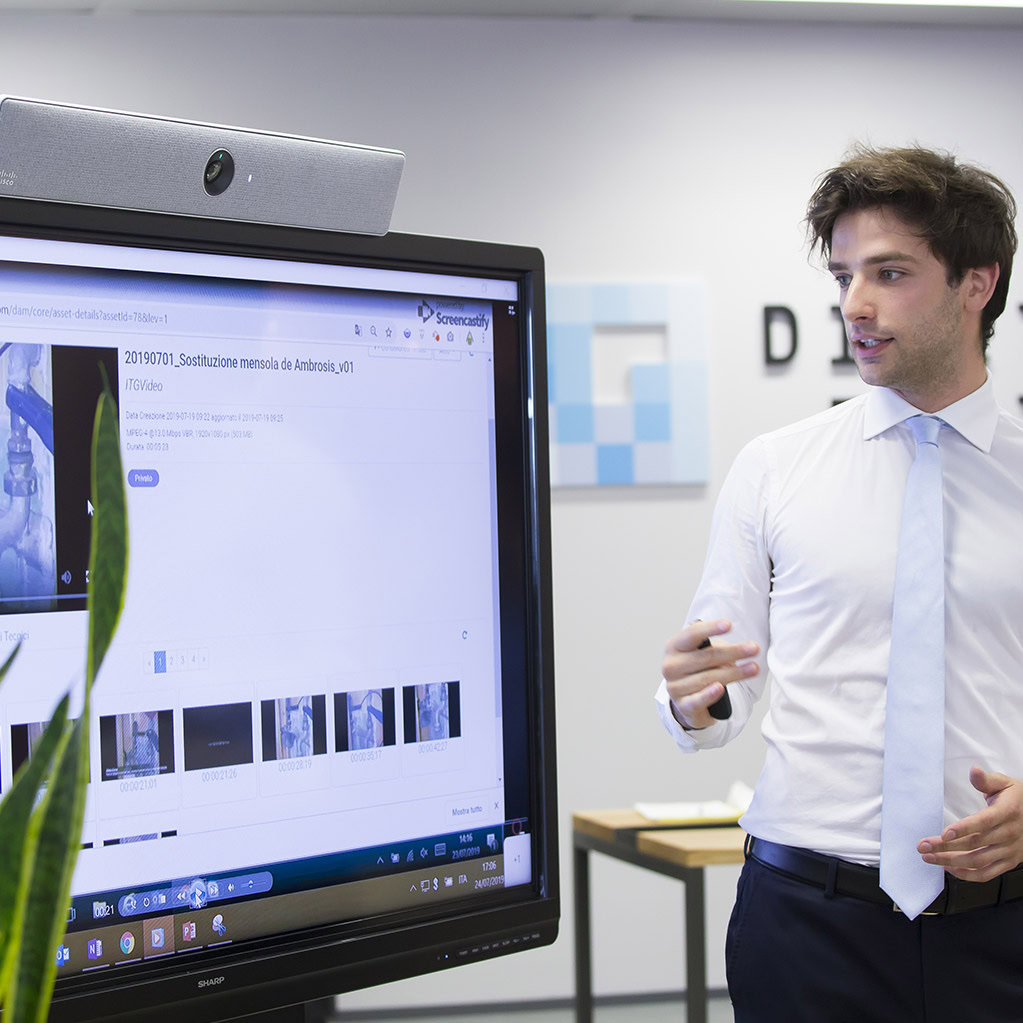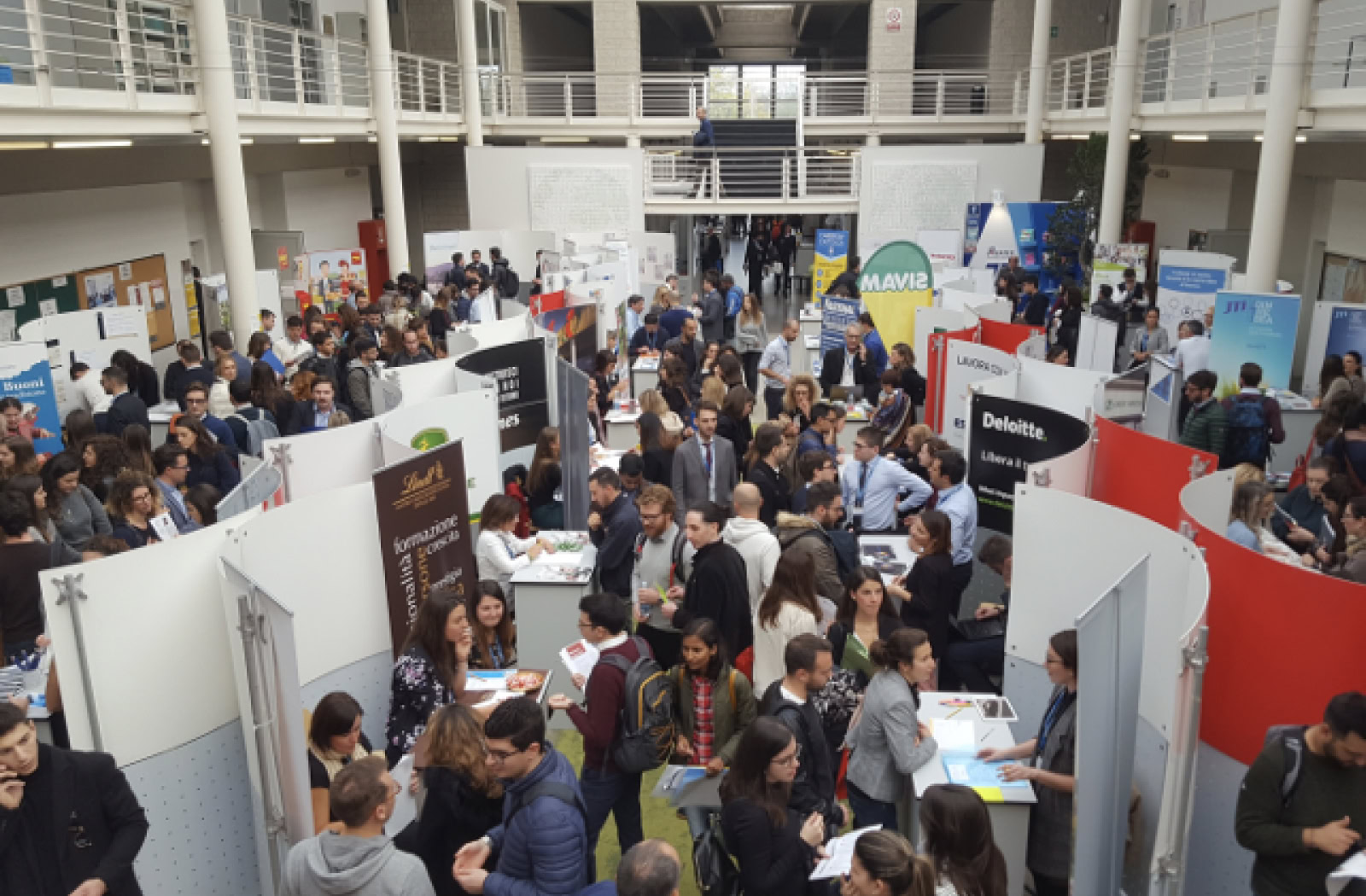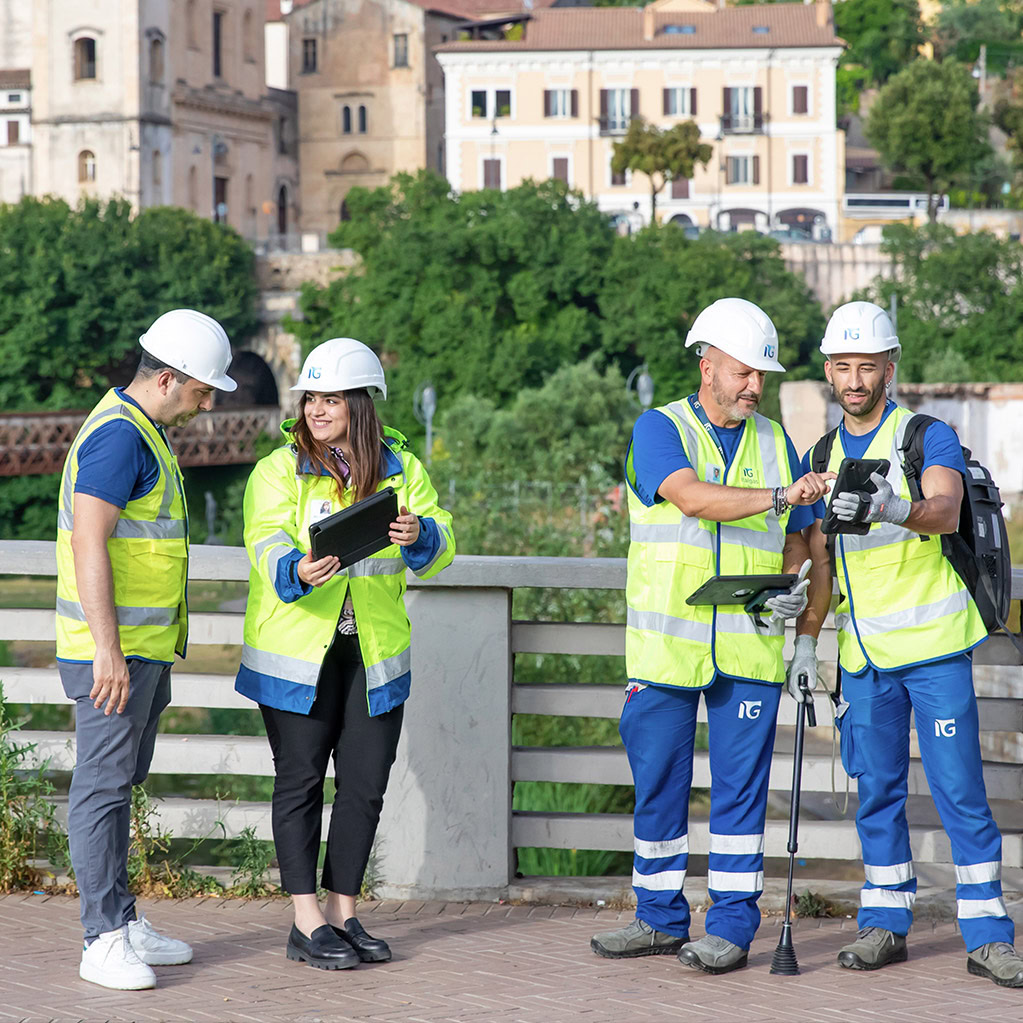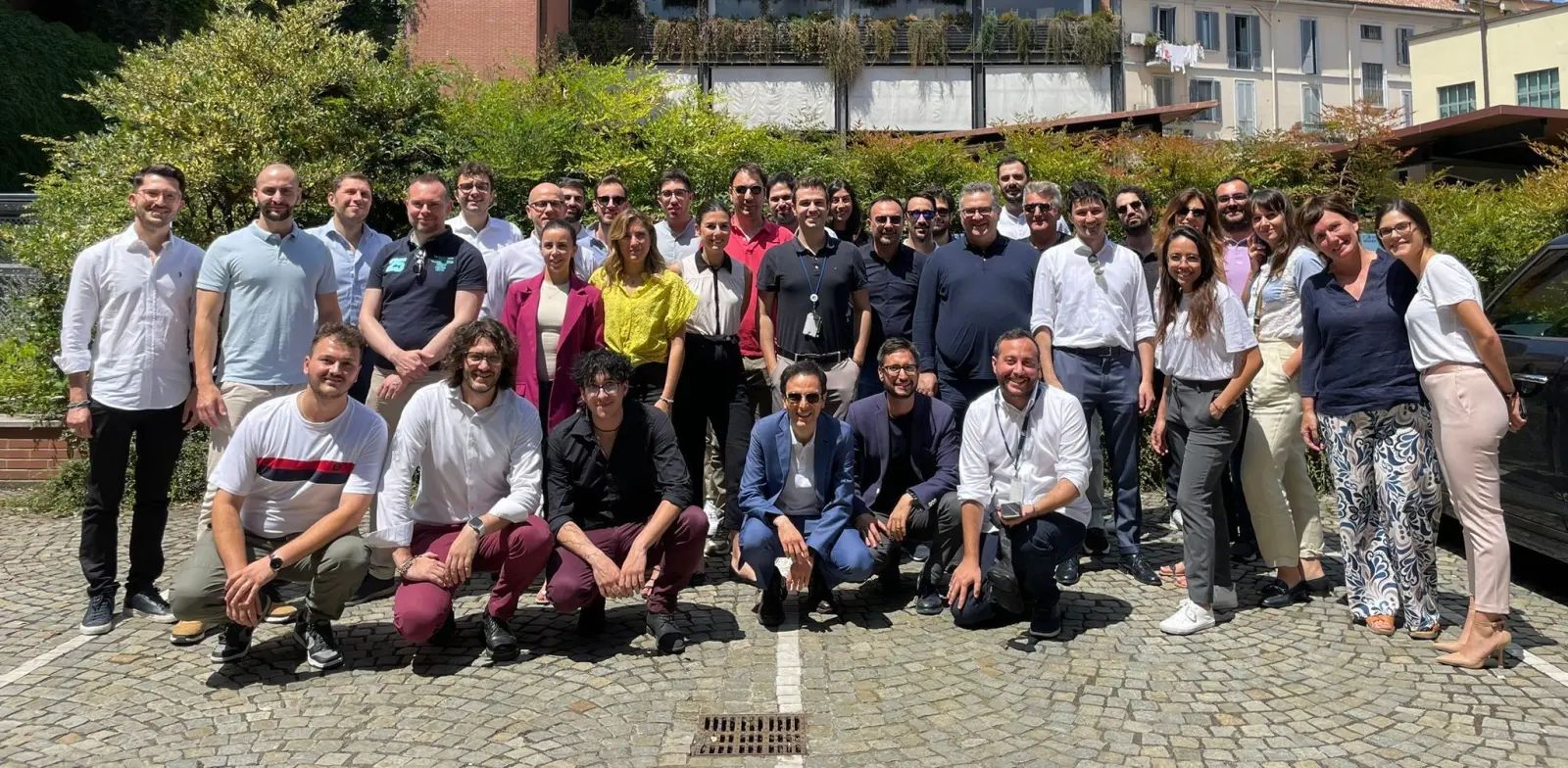
Sustainability Ambassadors
From personal awareness to collective awareness: with the project dedicated to Sustainability Ambassadors, we make people the protagonists of our transformation path, actively involving communities and territories.
A motivated and passionate group of 55 volunteers from all the Group’s companies, distributed throughout the territory and different in terms of age, gender, roles and directions of belonging.
The target, right? Contribute to the dissemination of ideas, projects, behaviors and virtuous actions that can strengthen our commitment to sustainable development, working as real “antennas” able to intercept suggestions and needs of communities and territories.
With the project dedicated to Sustainability Ambassadors, we aim to create value in an increasingly capillary, concrete and engaging way, making people the real protagonists of our transformation path.

Who they are: change-makers for a more sustainable future
The Sustainability Ambassadors are:
We expect our ambassadors to be involved, new ideas, skills, awareness, diversity in geographical and professional terms: in short, everything that is needed to really strengthen our sustainability path, which we imagine increasingly concrete and capillary.
Chiara Ganz
Director of External Relations and Sustainability
What they do: ambassador to bring impact
Through their activities, the Sustainability Ambassadors convey:

The contribution to the Sustainable Value Creation Plan
We believe that value is the sum of the experiences generated by our impacts, capable of quantifying the benefit and making concrete the sustainable action. For this reason, through the activity of the Ambassadors, we intend to contribute even more closely to the development of the territories and communities in which we operate, giving a face and a voice to the commitment that moves from our Sustainable Value Creation Plan and its three strategic pillars: Planet, People and Partnerships.
With their activity, our Sustainability Ambassadors can:
Learn more about our commitment
-
Dialogue and priorities
We contribute every day to the creation of shared value for communities and territories through an active and participatory dialogue with the financial community and all our stakeholders.
-
Objectives, actions and results
With our Sustainable Value Creation Plan we define measurable objectives and actions to respond effectively to the challenges of the sector and seize new development opportunities.

